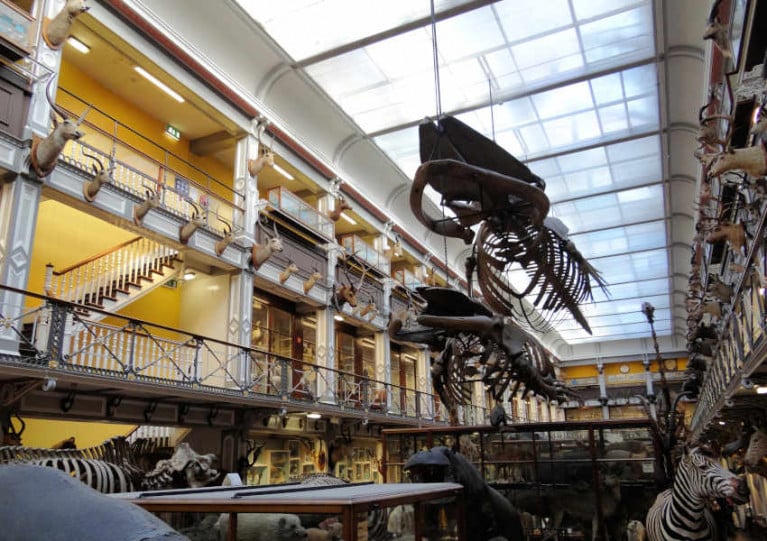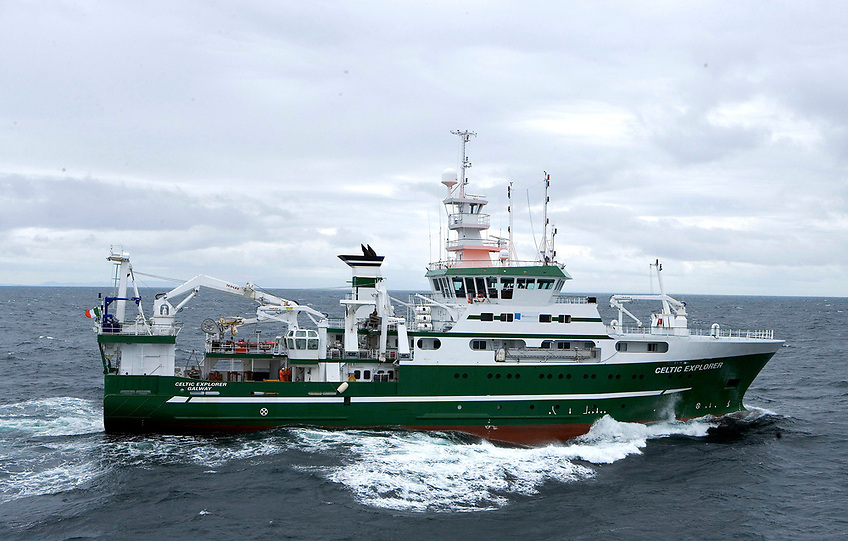Marine Wildlife Around Ireland One of the greatest memories of any day spent boating around the Irish coast is an encounter with marine wildlife. It's a thrill for young and old to witness seabirds, seals, dolphins and whales right there in their own habitat. As boaters fortunate enough to have experienced it will testify even spotting a distant dorsal fin can be the highlight of any day afloat. Was that a porpoise? Was it a whale? No matter how brief the glimpse it's a privilege to share the seas with Irish marine wildlife.
Thanks to the location of our beautiful little island, perched in the North Atlantic Ocean there appears to be no shortage of marine life to observe.
From whales to dolphins, seals, sharks and other ocean animals this page documents the most interesting accounts of marine wildlife around our shores. We're keen to receive your observations, your photos, links and youtube clips.
Boaters have a unique perspective and all those who go afloat, from inshore kayaking to offshore yacht racing that what they encounter can be of real value to specialist organisations such as the Irish Whale and Dolphin Group (IWDG) who compile a list of sightings and strandings. The IWDG knowledge base has increased over the past 21 years thanks in part at least to the observations of sailors, anglers, kayakers and boaters.
Thanks to the IWDG work we now know we share the seas with dozens of species who also call Ireland home. Here's the current list: Atlantic white-sided dolphin, beluga whale, blue whale, bottlenose dolphin, common dolphin, Cuvier's beaked whale, false killer whale, fin whale, Gervais' beaked whale, harbour porpoise, humpback whale, killer whale, minke whale, northern bottlenose whale, northern right whale, pilot whale, pygmy sperm whale, Risso's dolphin, sei whale, Sowerby's beaked whale, sperm whale, striped dolphin, True's beaked whale and white-beaked dolphin.
But as impressive as the species list is the IWDG believe there are still gaps in our knowledge. Next time you are out on the ocean waves keep a sharp look out!































































